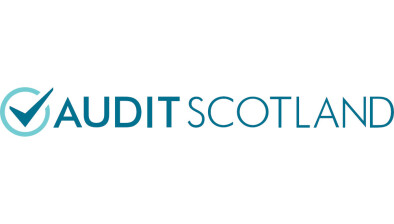Audit Scotland: Councils face £647m shortfall amid rising costs and demand

Scottish councils are grappling with a significant financial squeeze as mounting pressures from inflation, rising costs, and escalating demand for services outstrip additional investment from the Scottish Government, according to Audit Scotland.
In 2025/26 councils received over £15 billion in government funding, with more money set to be raised from council tax and charges for some services. With communities paying more for services, their expectations are increasing.
In its latest assessment of local government finances, the Accounts Commission reports that additional costs from wage increases, higher employer National Insurance contributions and intensifying service demands, including social care as Scotland’s population ages, mean councils must cover a budget shortfall of £647 million in 2025/26.
Whilst councils have partly met this shortfall through service savings and increased charges for services, continuing to use reserves and make one-off savings isn’t sustainable. It intensifies pressures on future budgets. Longer-term change in the way services are delivered is happening but must accelerate. Action is also needed to better understand the impacts on the most vulnerable communities.
Capital funding is vital for councils to invest in public buildings such as schools and libraries, as well as roads. It also underpins the significant transformation needed in the ways services are delivered in the future. Capital funding from the Scottish Government is increasing but has not returned to previous levels. Councils remain heavily reliant on borrowing to fund their planned £4.7bn capital investment in 2025/26.
Derek Yule, member of the Accounts Commission, said: “There’s a growing expectation gap. Councils don’t have enough money to meet current demand, at a time when local communities are being asked to contribute more through increases in council tax and charges for some services.
“Councils need to provide clearer budget information and work with communities to determine how services will be delivered in the future. These conversations won’t be easy.
“With public finances tightening, however, not all cost increases faced by councils can be met by government funding. Local action is needed now to find solutions to immediate and future financial challenges. This means difficult decisions on what services can be delivered and making major changes in how they are delivered.”






